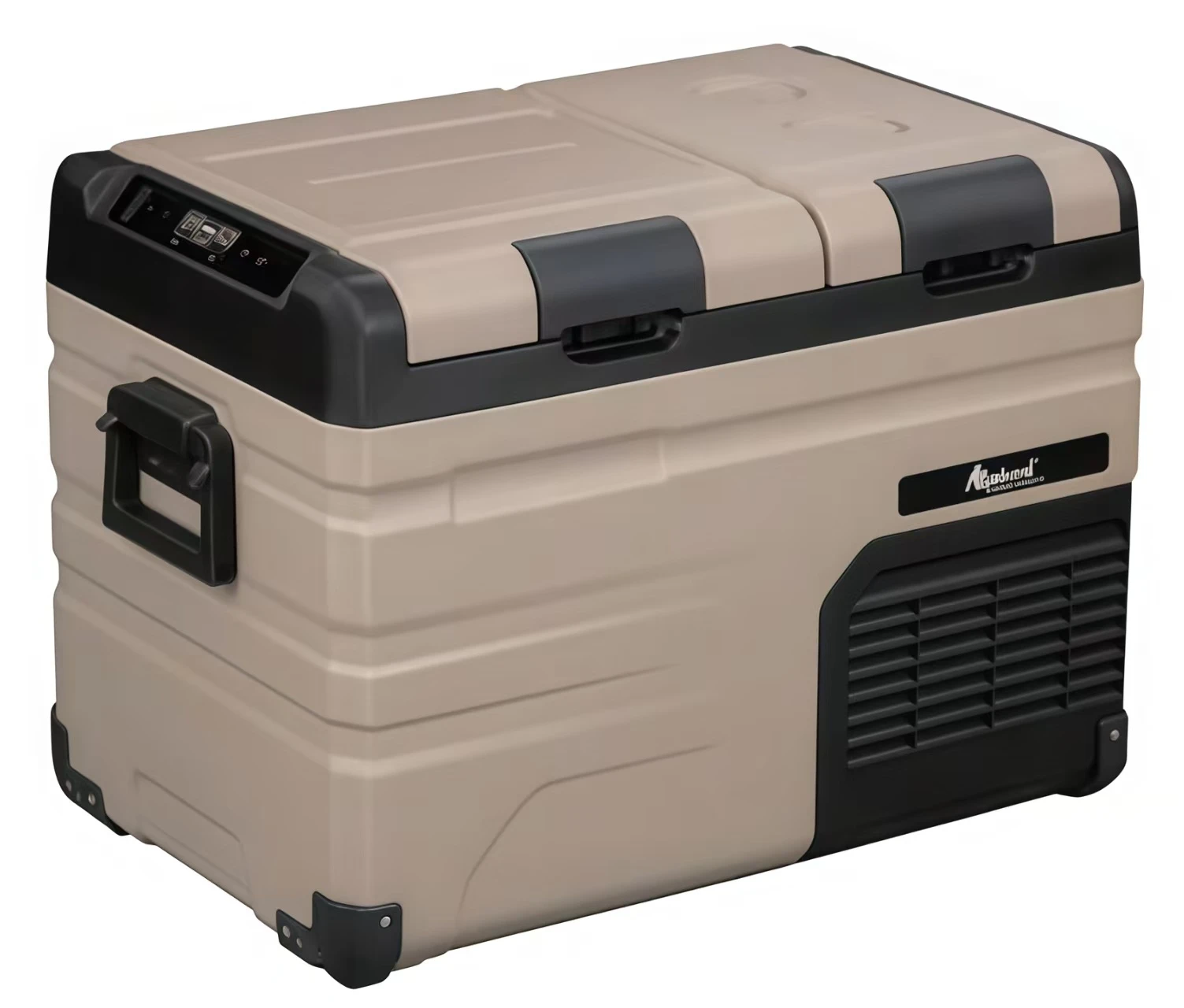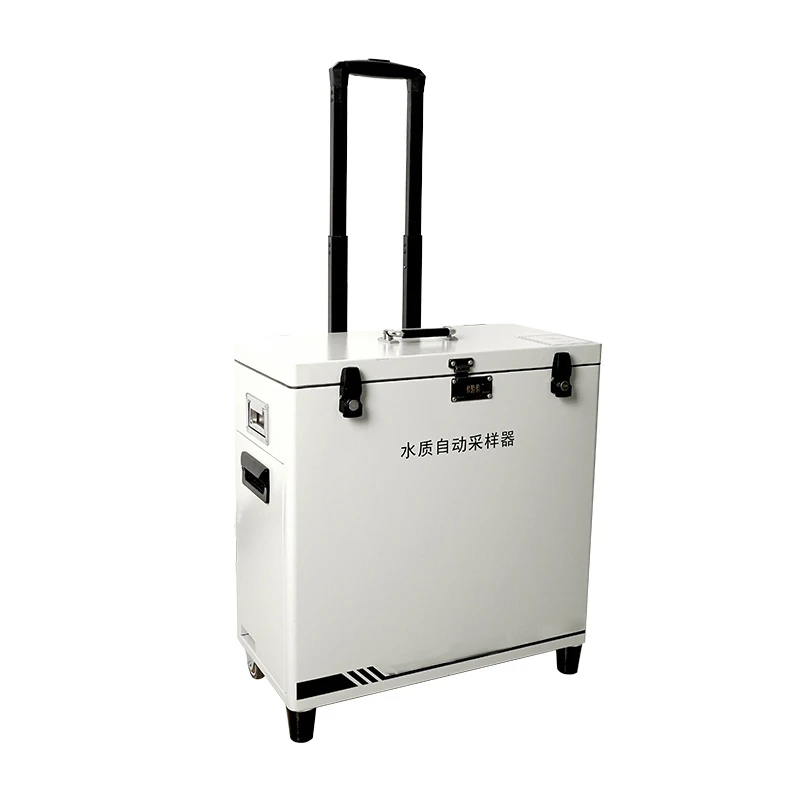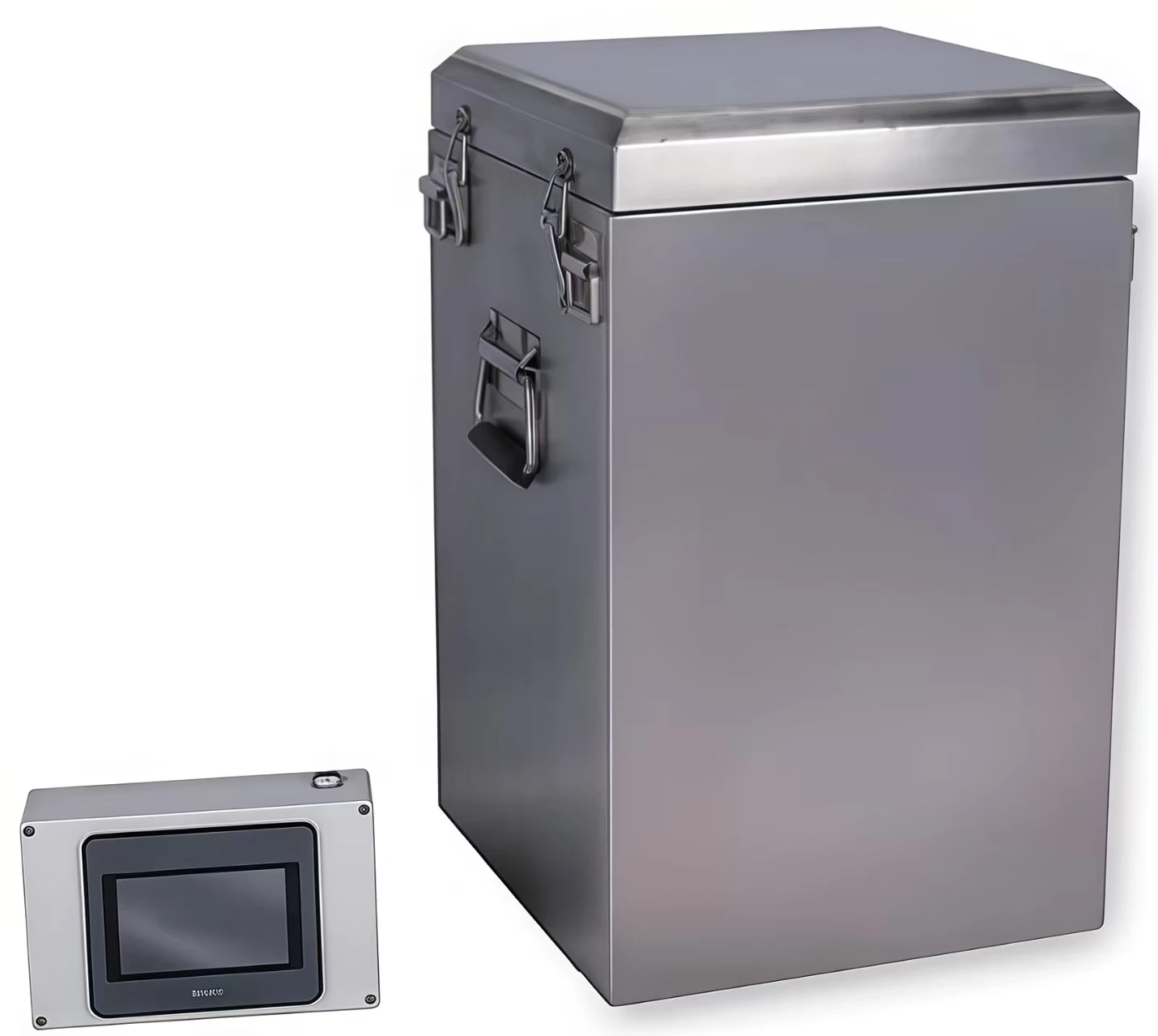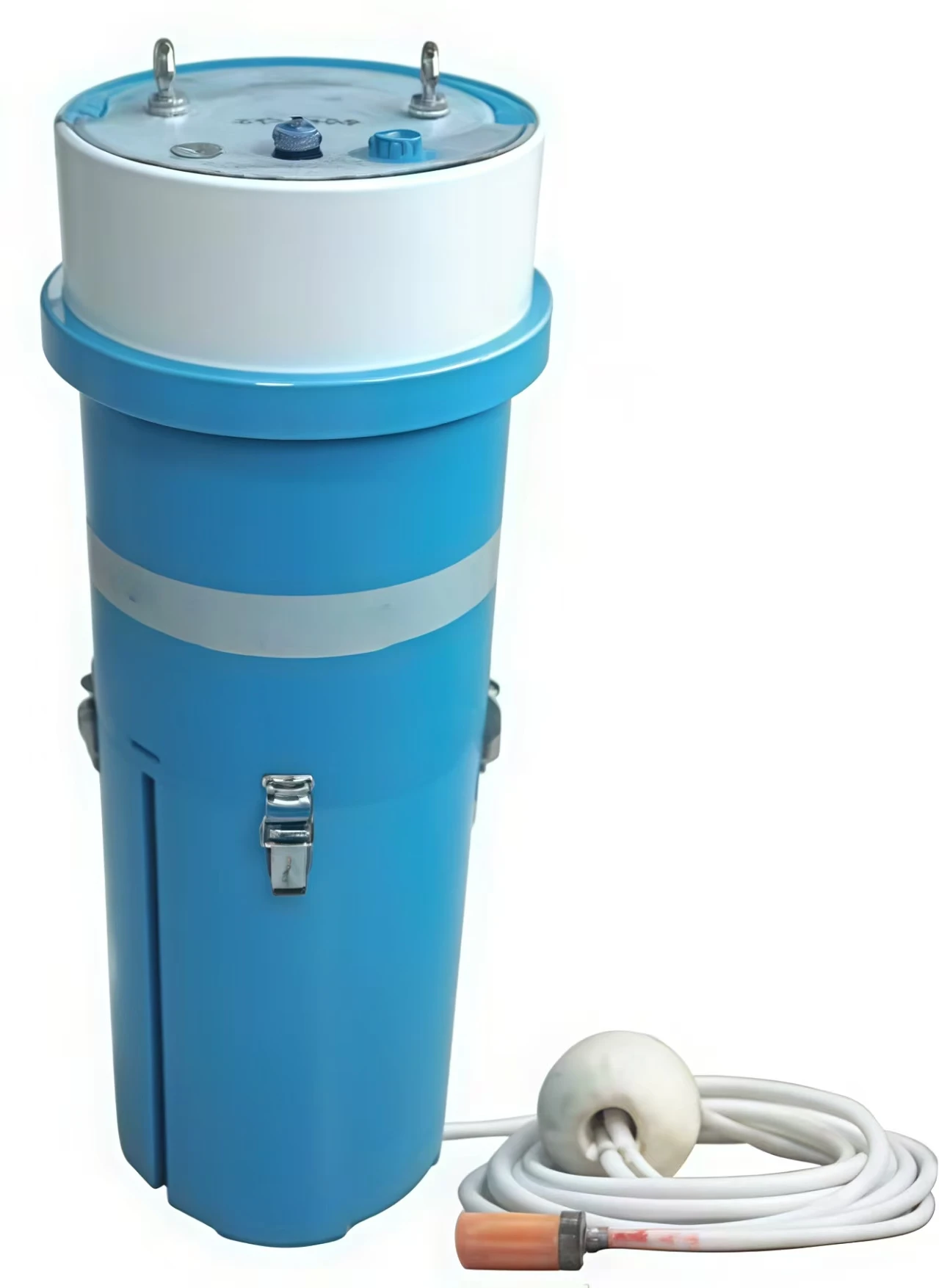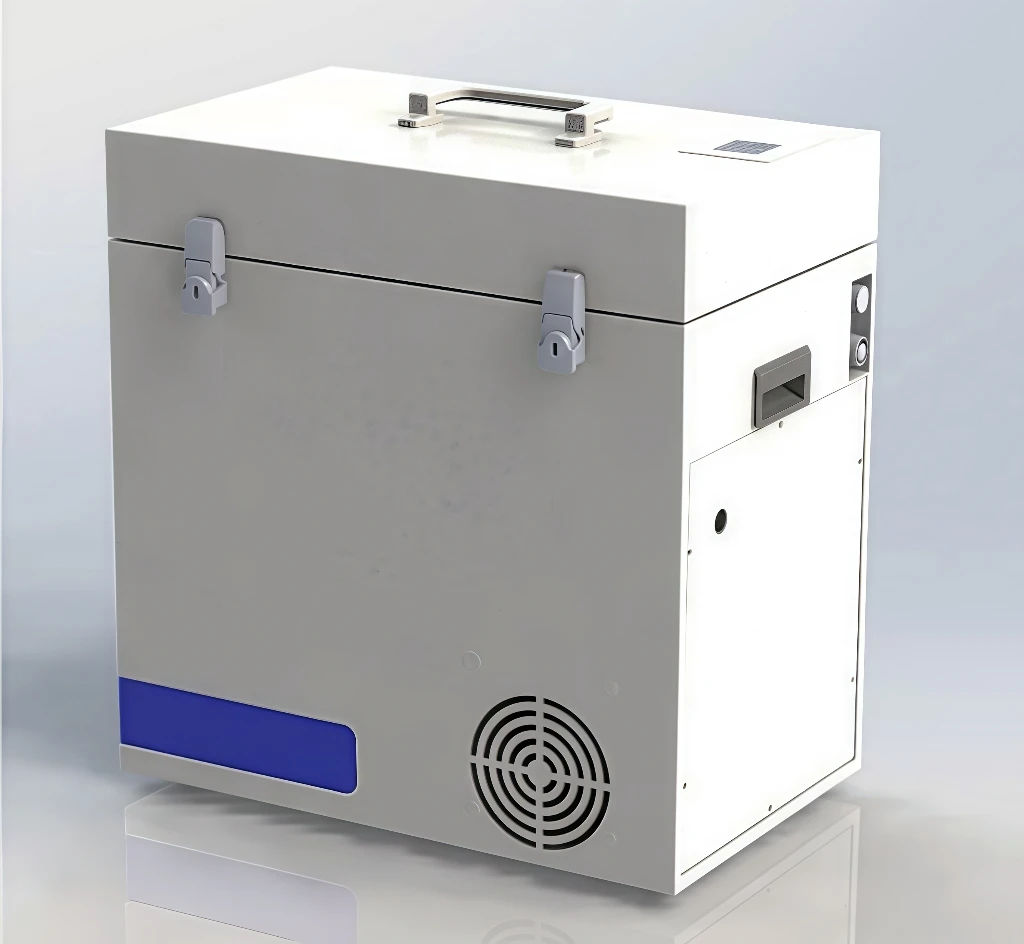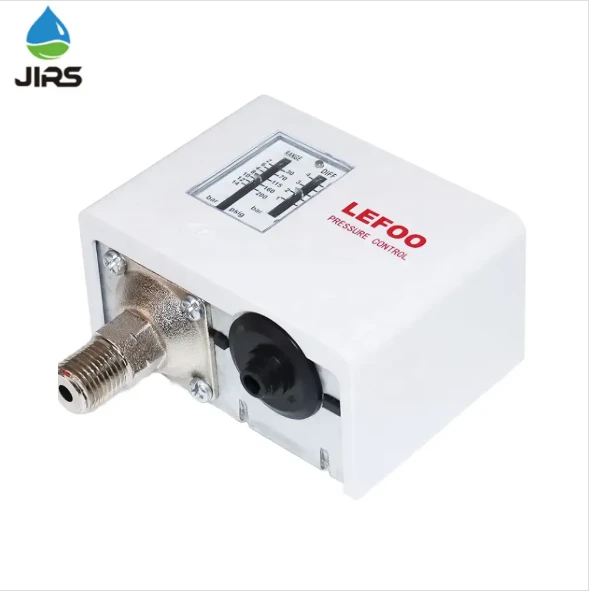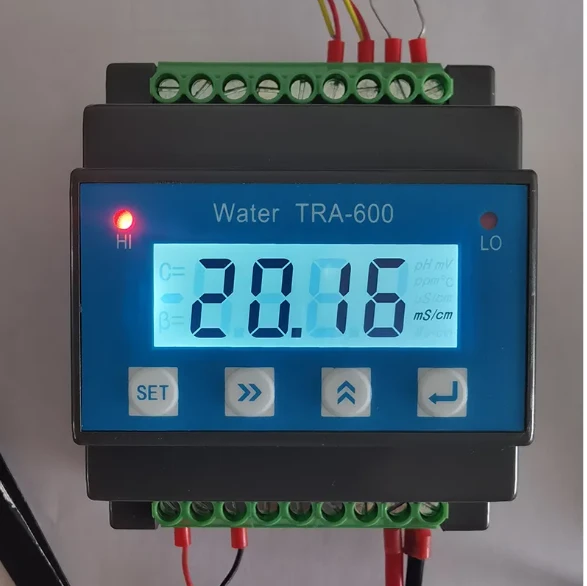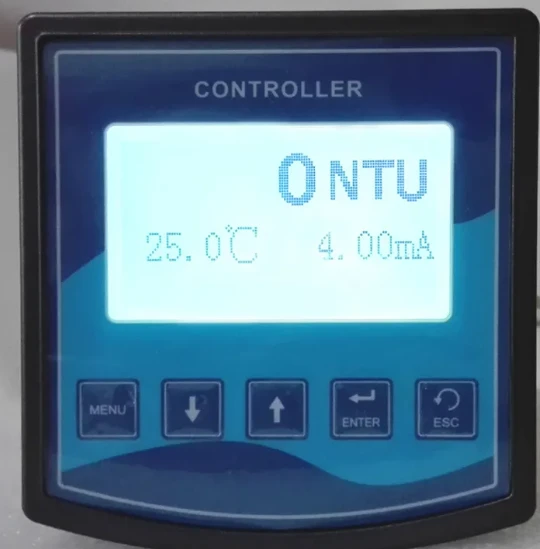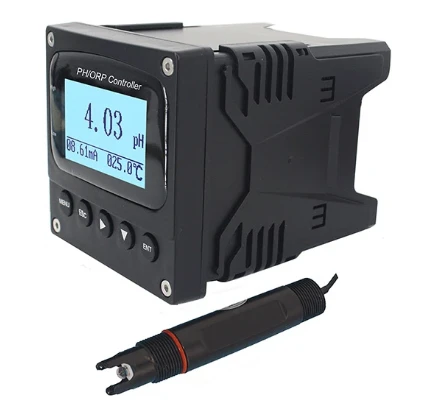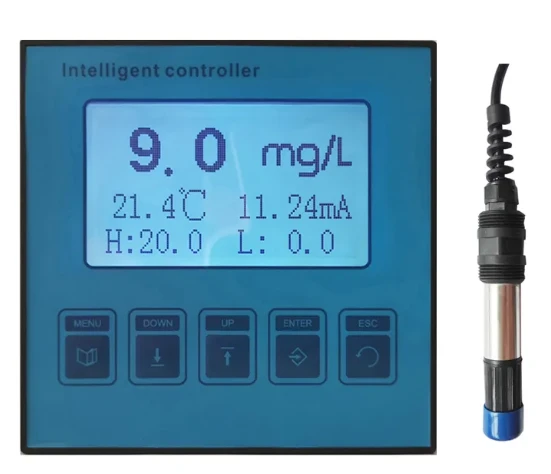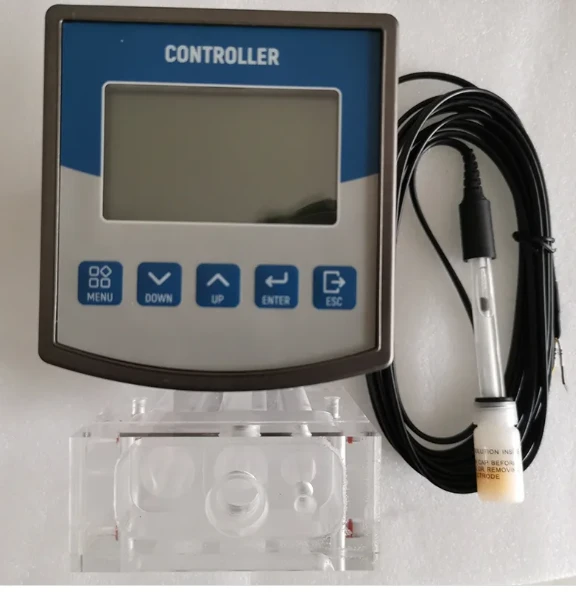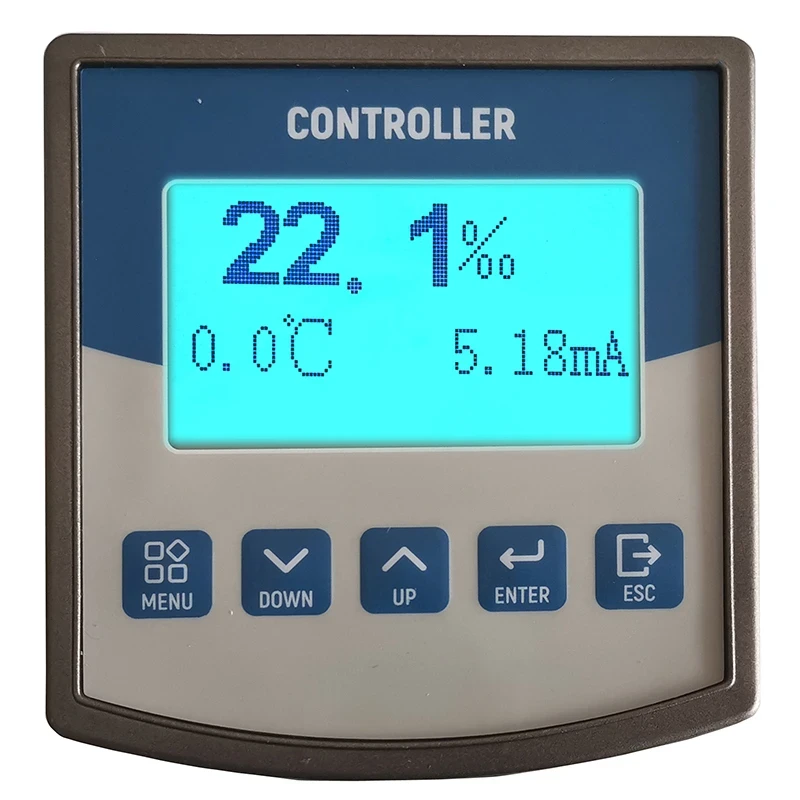Water Quality: Understanding TDS
aug . 19, 2025
When it comes to water quality, the total suspended solids meter is an essential tool. This device measures the amount of solid particles that are suspended in water, which can significantly affect water clarity and quality. Whether you're monitoring a water treatment plant or ensuring the purity of your home water supply, a reliable total suspended solids meter is crucial. Our meters are designed with advanced technology to provide accurate and real-time readings, helping you make informed decisions about water treatment and management. By keeping track of suspended solids, you can prevent issues like clogging in pipes and ensure that your water remains clean and safe for all uses.
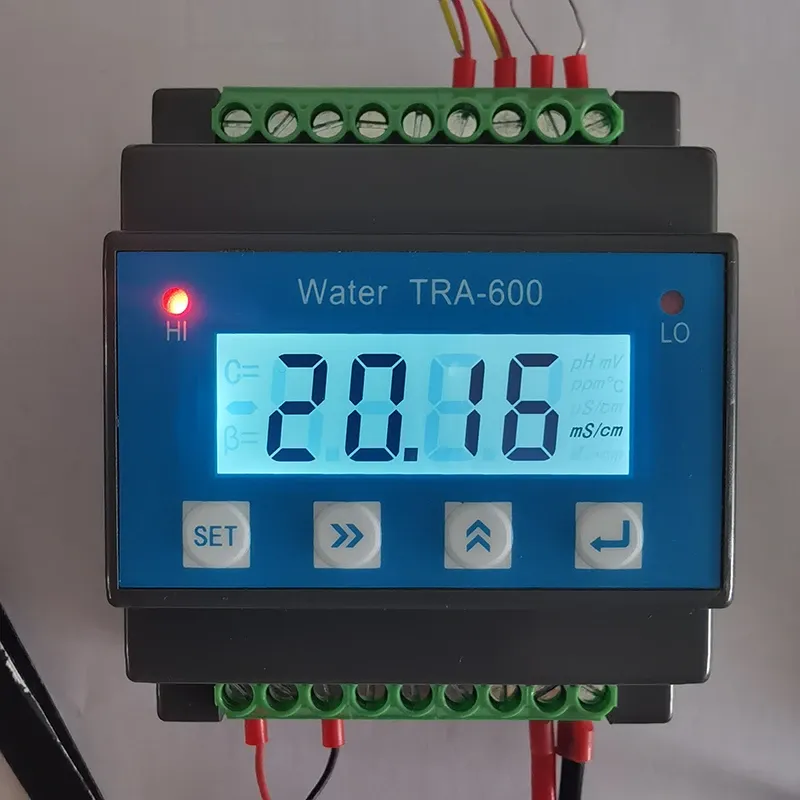
Water TDS Level: A Vital Indicator of Water Quality
Understanding the water TDS level is fundamental to assessing water quality. TDS, or Total Dissolved Solids, refers to the combined content of all inorganic and organic substances dissolved in water. This includes minerals, salts, metals, and ions. TDS is typically measured in parts per million (ppm) or milligrams per liter (mg/L) and provides an important indicator of water quality. The concentration of TDS in water can significantly affect its taste, safety, and suitability for various uses such as drinking, irrigation, and industrial processes. By monitoring the water TDS level, you can ensure that your water meets the necessary standards for health and safety.
Total Dissolved Solids in Water: What You Need to Know
Total dissolved solids in water can come from various sources, both natural and human-made. Natural sources include minerals leaching from rocks, while human activities like industrial discharges or agricultural runoff can also contribute to TDS levels. High TDS levels can result from the presence of salts, calcium, magnesium, and other minerals, which can affect water’s taste, making it unpleasant for consumption. In addition, high TDS levels may contribute to scaling and corrosion in pipes, water heaters, and industrial equipment, leading to increased maintenance costs. On the other hand, low TDS levels often indicate purified or distilled water, which may lack essential minerals beneficial for human health. Ideal TDS levels for drinking water typically range between 50 and 150 ppm, though this can vary depending on local standards and preferences.
Drinking Water TDS: Ensuring Safe and Healthy Water
When it comes to drinking water TDS, maintaining the right balance is crucial. Water that is too high in dissolved solids can taste unpleasant and may pose health risks, while water that is too low in TDS may lack essential minerals. Our TDS meters are designed to help you monitor and maintain optimal TDS levels in your drinking water. By using a reliable TDS meter, you can ensure that your water treatment system is functioning correctly and that your drinking water is safe and healthy. Whether you rely on a municipal water supply or a private well, regular TDS testing is essential to ensure that your water meets the necessary standards for consumption.
TDS Test: Simple and Effective Water Quality Monitoring
Performing a TDS test is a straightforward and effective way to monitor water quality. TDS meters use electrical conductivity to determine the concentration of dissolved solids in water. These devices are easy to use and provide quick, accurate readings. Whether you're a homeowner looking to ensure the quality of your tap water or an industrial operator managing a large water treatment facility, a TDS meter is an indispensable tool. By regularly conducting TDS tests, you can optimize water treatment processes, reduce maintenance costs, and ensure that your water is safe and suitable for all intended uses.
TDS Tests FAQs
How do I measure TDS in water?
Measuring TDS in water is simple with a TDS meter. These devices use electrical conductivity to determine the concentration of dissolved solids. Simply place the meter in the water sample, and it will provide a quick and accurate reading. Our TDS meters are designed for ease of use and reliability, making them perfect for both residential and industrial applications.
What is the ideal TDS level for drinking water?
The ideal TDS level for drinking water typically ranges between 50 and 150 ppm. This range ensures that the water has a pleasant taste and contains essential minerals like calcium and magnesium. However, local standards and preferences may vary, so it's important to consult local guidelines.
Why is TDS important in water?
TDS, or Total Dissolved Solids, is a crucial water quality parameter that helps assess water’s purity, taste, and overall suitability for different uses. High TDS levels can affect water’s taste and may contribute to scaling and corrosion in pipes and equipment. Low TDS levels may indicate water that lacks essential minerals beneficial for human health. By monitoring TDS, you can ensure that your water is safe and suitable for all intended uses.
How often should I test TDS levels?
The frequency of TDS testing depends on your specific situation. For residential use, testing TDS levels every few months is generally sufficient. For industrial applications, more frequent testing may be necessary to ensure optimal water quality and system performance. Regular testing helps you stay informed about changes in water quality and allows you to take timely action if needed.
Where can I buy a TDS meter?
You can easily purchase a high-quality TDS meter from our website. We offer a variety of TDS meters designed to meet different needs and budgets. Simply visit our website, select the meter that best suits your requirements, and place your order. We provide fast and secure shipping to ensure that you receive your TDS meter promptly.
In conclusion, understanding and monitoring Total Dissolved Solids (TDS) is essential for ensuring water quality. Whether you're concerned about the taste and safety of your drinking water or need to optimize water treatment processes for industrial use, a reliable TDS meter is your best ally. By regularly testing TDS levels, you can make informed decisions about water treatment and ensure that your water remains clean, safe, and suitable for all intended uses. Visit our website today to explore our range of TDS meters and take the first step towards better water quality. Your health and peace of mind are just a click away!
Related Products
Related News







